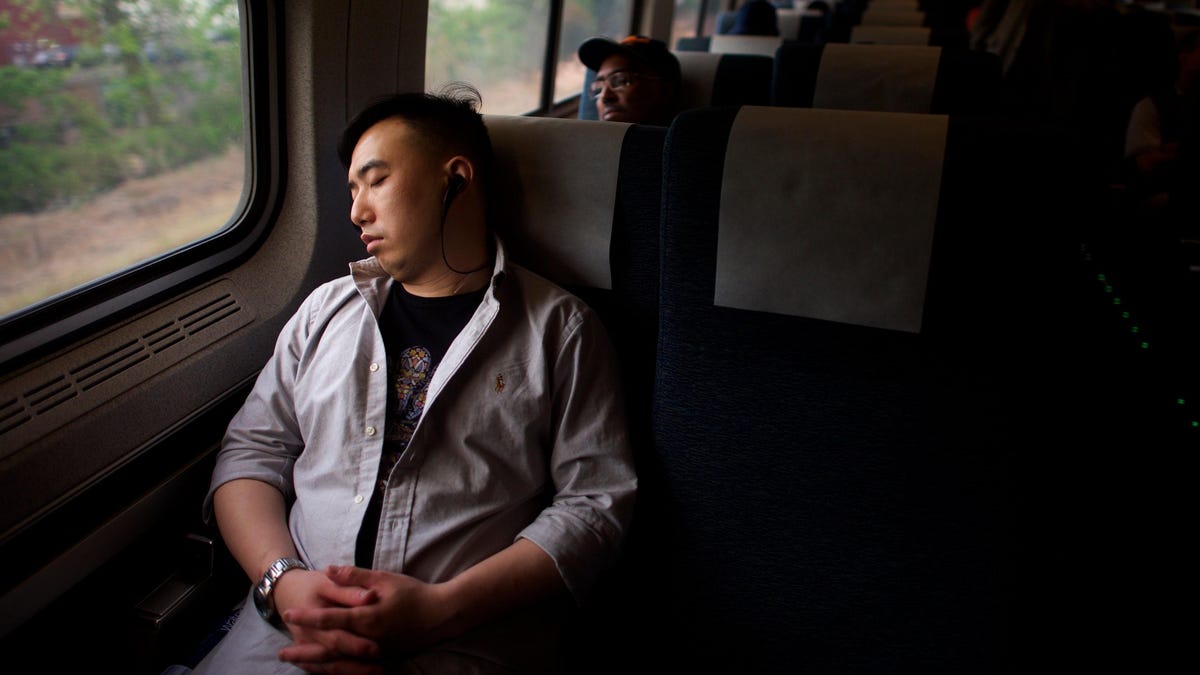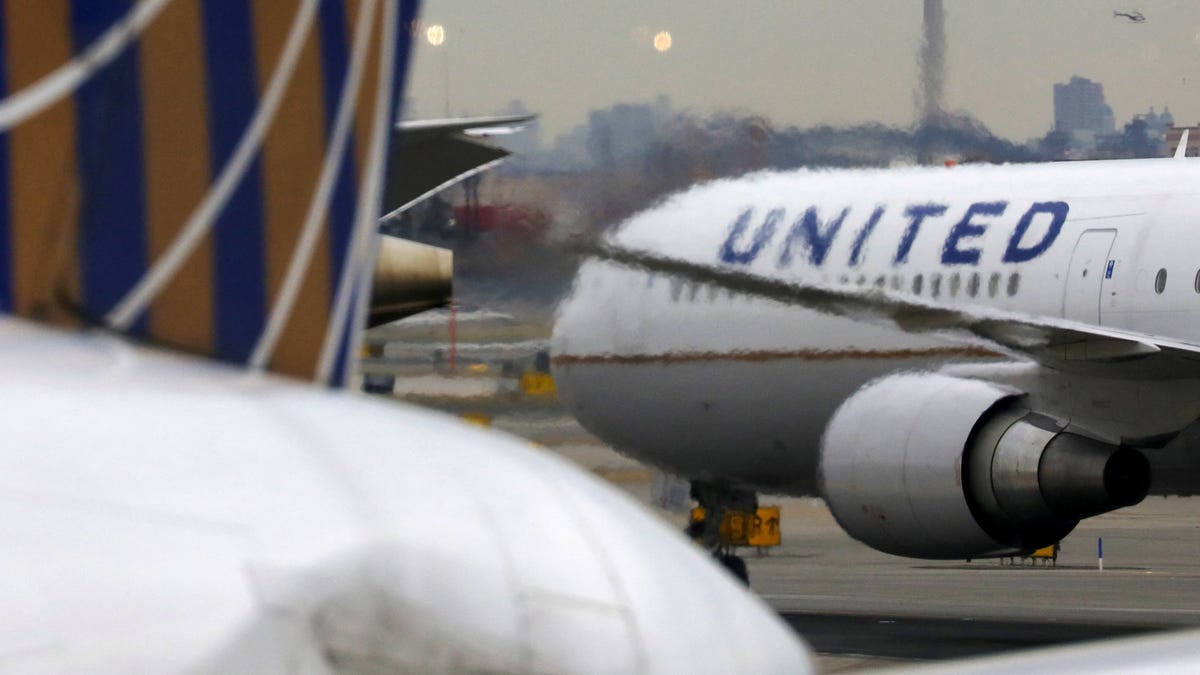The Effects of Sleep Deprivation and Stress on American Adults
A recent Gallup poll reveals a troubling trend in the sleep habits of American adults. Historically, a majority of respondents reported not getting adequate sleep, marking a notable first in the survey’s history. Many individuals struggling with sleep also cited feeling frequently stressed, highlighting a concerning overlap between these two factors.
Long-Term Trends in Sleep Quality
Gallup has been monitoring American sleep patterns since 2001, initially finding that 54% of respondents felt they obtained sufficient rest regularly. However, subsequent surveys revealed a shift in this narrative. The most recent poll, conducted in December 2023, indicated that 57% of Americans now believe they require more sleep, with only 42% expressing contentment with their current sleep patterns.
Furthermore, additional data collected by Gallup underscores the deterioration in sleep quality over the years. In 2013, 14% of adults reported sleeping five hours or less per night, a number that escalated to 20% by 2023.
Stress Levels and Sleep Deprivation
Coinciding with the decline in sleep quality, Gallup also assessed daily stress levels among respondents. The data exhibited a gradual increase in reported stress, with 44% of Americans citing frequent stressful days in 2017, compared to 49% in 2023.
Notably, a correlation between sleep deprivation and increased stress emerged from the survey results. Individuals experiencing inadequate sleep were significantly more likely to report frequent stress, highlighting a concerning interplay between these factors.
Gender and Age Disparities
The impact of sleep deprivation and stress exhibited variations across demographic groups. Women, particularly those under age 50, reported higher levels of stress and inadequate sleep compared to men. In contrast, older Americans displayed better sleep patterns than their younger counterparts.
The reciprocal relationship between poor sleep and heightened stress levels is complex, with each factor potentially exacerbating the other. Younger women, in particular, faced pronounced sleep deficits, aligning with existing data indicating heightened rates of depression and other mental health challenges among this group.
Implications for Health and Well-Being
Gallup authors Sarah Fioroni and Dan Foy emphasized the profound impact of sleep and stress on overall health. Addressing these concerning trends is crucial to safeguarding the well-being of Americans, especially in the context of increasing societal demands.
While advocating for adequate sleep and relaxation as essential remedies, the authors acknowledged the feasibility challenges associated with achieving these goals. Balancing work, family, and personal commitments to prioritize self-care remains a formidable task in the modern lifestyle landscape.
Image/Photo credit: source url





